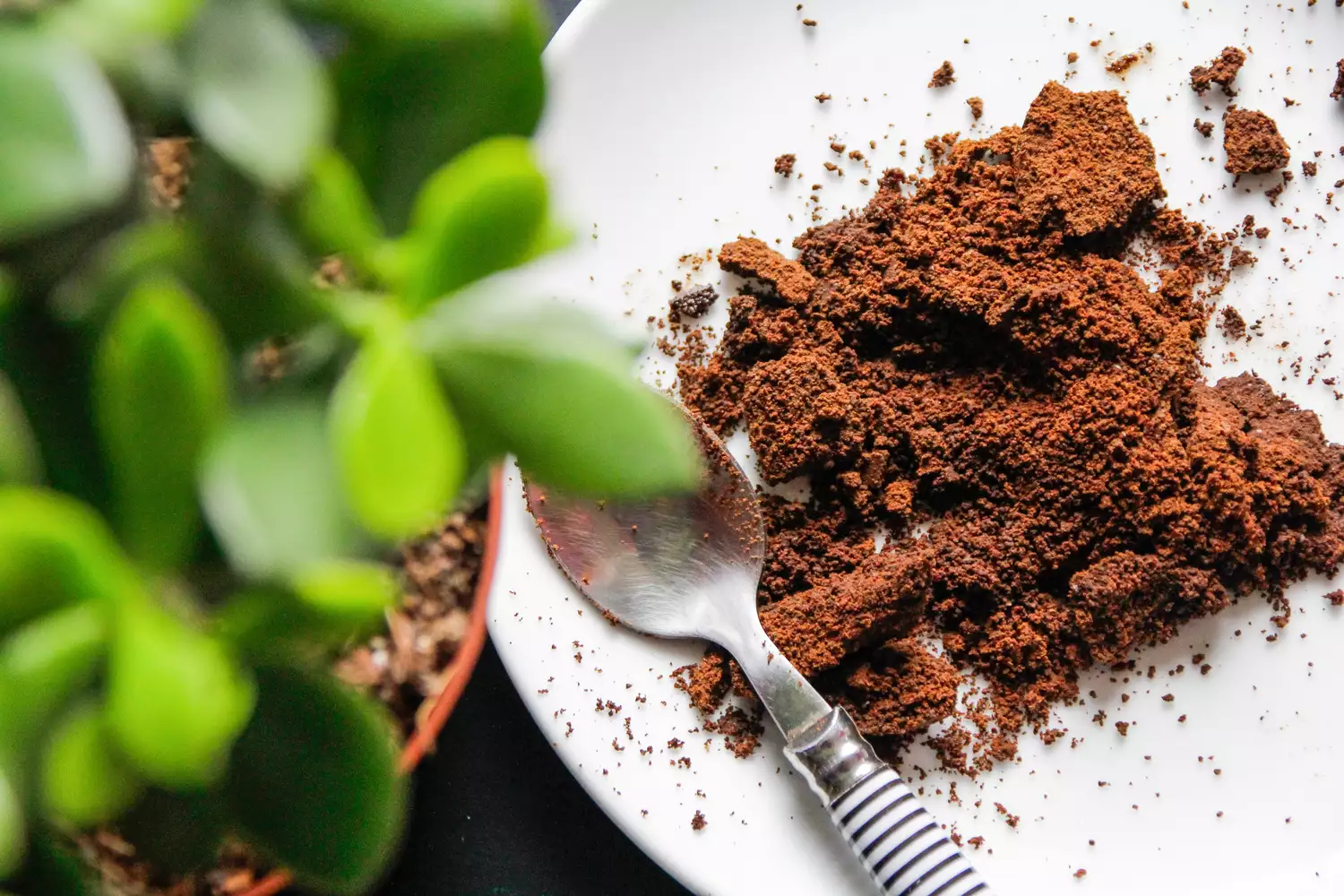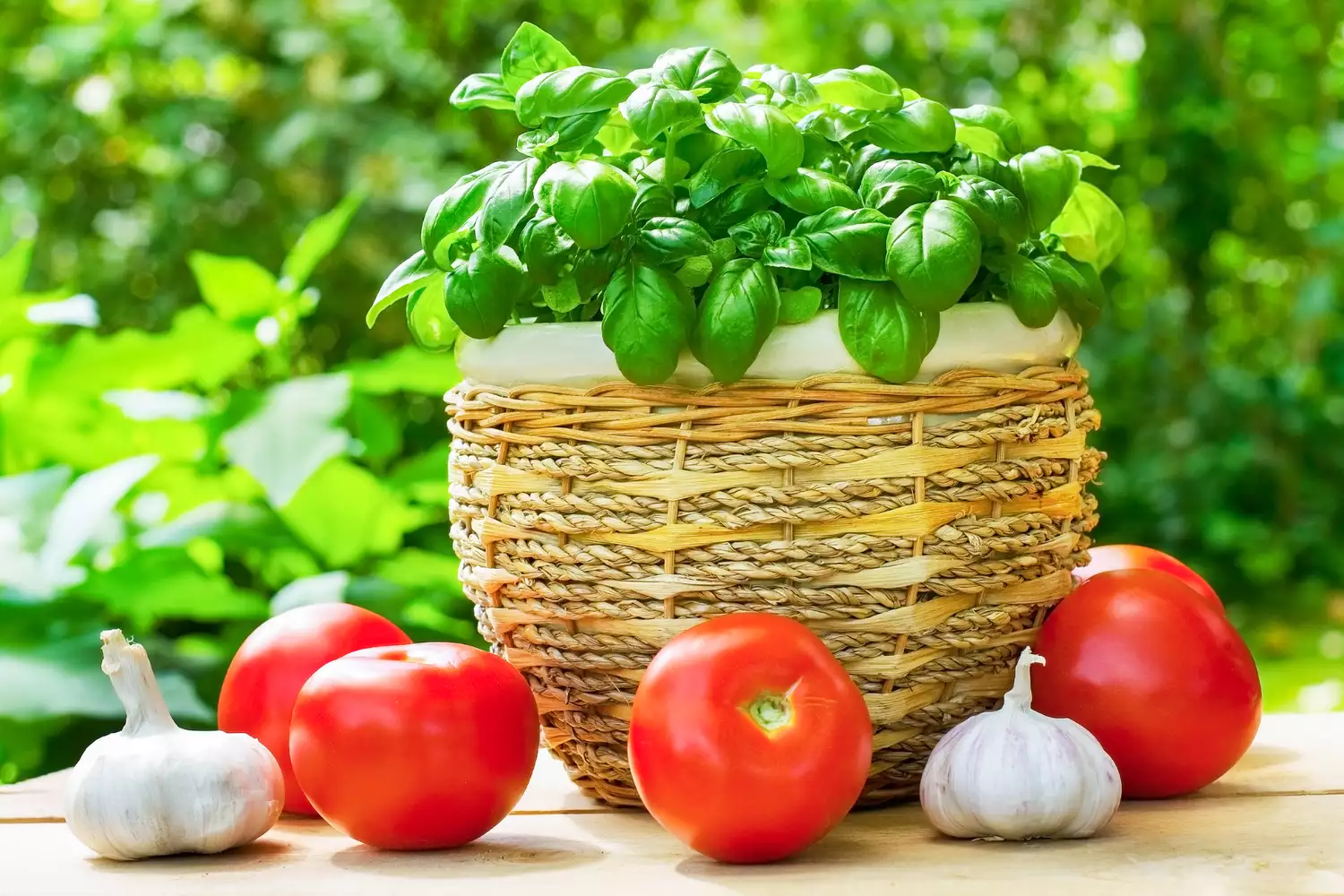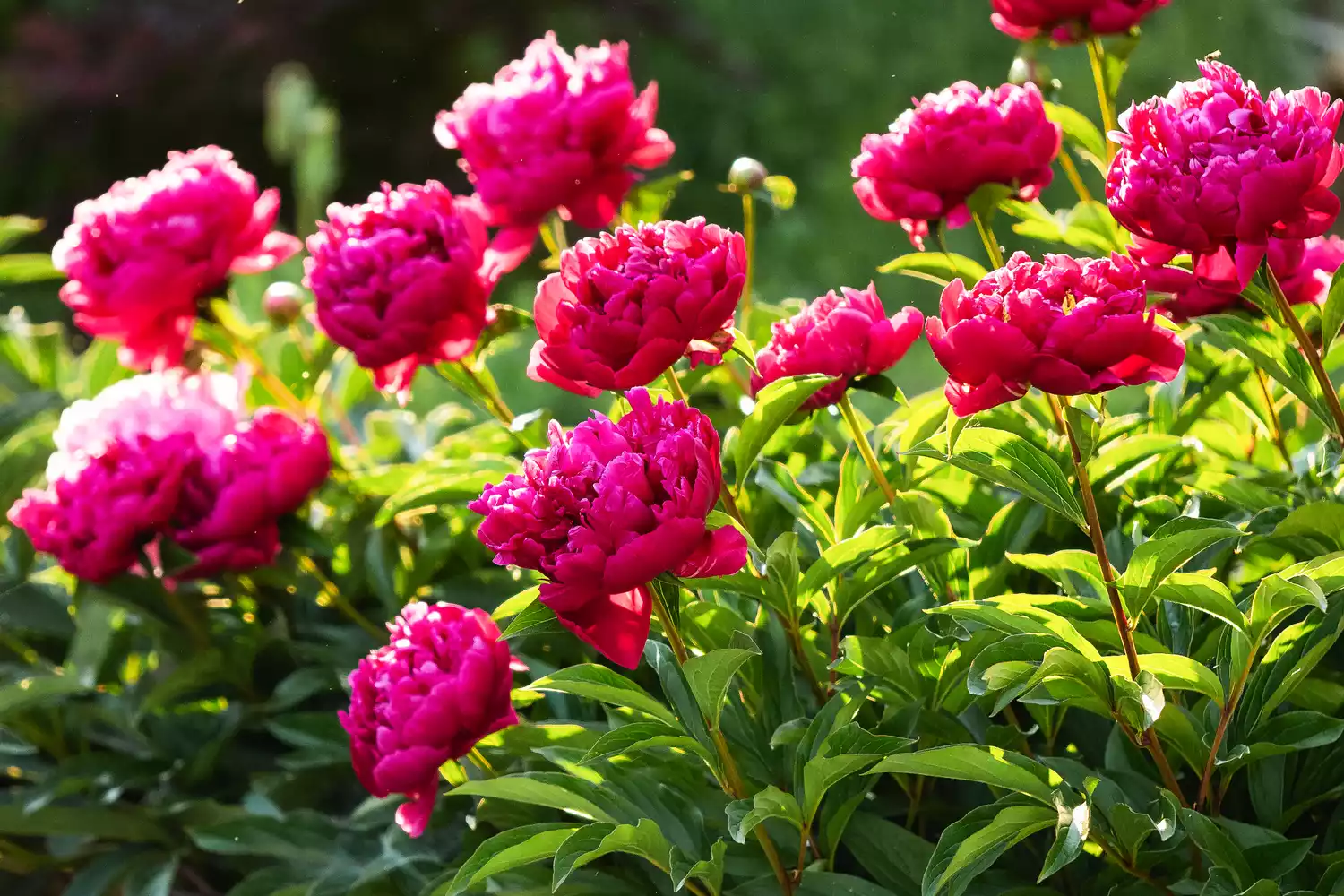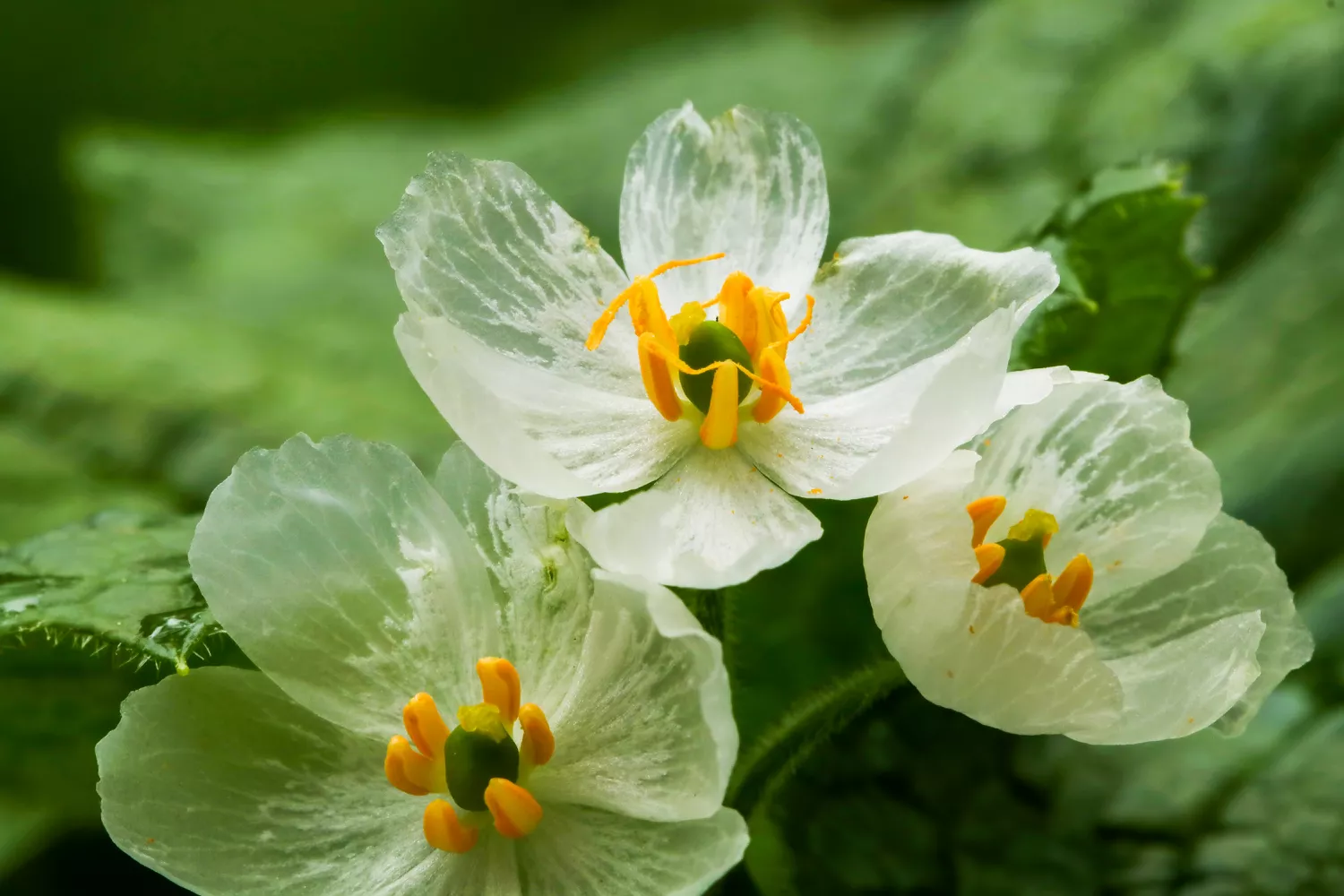Improving the health of your plants by pouring the last sips of your morning coffee into your favorite houseplant or sprinkling the soil around your veggies with used coffee grounds is the kind of homemade growing advice that amateur garden enthusiasts have been giving for generations.
Still, some experts say the benefits that coffee supplies to your plants are tough to quantify. We asked Linda J. Brewer of the Oregon State University Department of Horticulture and Seth Pearsoll, creative director and vice-president of the Philadelphia Flower Show at the Pennsylvania Horticultural Society, to break down the advantages, dangers, and best techniques.
Coffee Has Nutrients That Are Good for Plants
Coffee premises contain a number of nutrients that make it a favorite soil change for gardens, including nitrogen, potassium, magnesium, and copper, says Pearsoll. “Brewed coffee, although less nutrient-dense, still contains some quantities of these aspects,” he states.
Nitrogen: ” A vital macronutrient for plant development, nitrogen is essential for the synthesis of proteins and other necessary plant substances,” states Pearsoll.
Potassium: ” It’s vital for plants’ overall health, participating in procedures like photosynthesis, nutrient uptake, and water policy,” Pearsoll states.
Magnesium: ” It’s a core element of chlorophyll, assisting plants to photosynthesize,” says Pearsoll.
Copper: ” Although required in smaller amounts, it plays a role in enzymatic functions and protein synthesis,” Pearsoll says.

The Benefits of Using Coffee in Your Garden
When you include ground or brewed coffee to your garden, you can improve the quantities of those essential nutrients within your soil– though a few of Brewer’s research study and literature evaluations have revealed the portion boost of those nutrients is relatively little. “What [the coffee] is supplying is a carbon source for soil microorganisms,” she states. You may not be able to connect that to brighter flowers or more delicious tomatoes this season, but over time, the “microbial glues” left behind by these bacteria and fungi can enhance soil structure, decrease disintegration, and keep nutrients, she states.
Maker has actually likewise identified research study that indicates coffee as a successful slug deterrent, working better than standard metaldehyde-based repellents. In a paper for the Oregon State University Extension Service, she explains that an option of one-part water to two-parts coffee was strong enough to press 100 percent of the slugs in the research study away from the dealt with soil.1.
The Risks of Using Coffee on Plants.
In low concentrations, coffee likely won’t have any major adverse impacts on your garden. Cautions Pearsoll, you shouldn’t utilize it in place of fertilizer. “Coffee grounds can be a great supplement to a well-rounded fertilization strategy,” he says. “They need to not be relied upon as a standalone fertilizer due to the fact that they lack particular nutrients, like phosphorus and calcium, that plants likewise require.”.
Raises Soil Acidity.
Conventional gardening wisdom points to coffee as a method to lower the pH of your garden; though Brewer states these impacts are often temporary, Pearsoll notes that raising the level of acidity of the soil can cause issues for plants that prosper in neutral or alkaline soil.
Causes Dry Soil.
If you don’t properly include the grounds into the soil, you can force your garden to dry. “Coffee premises can also create a dense layer on the soil surface area that might restrain water seepage if not effectively mixed into the soil,” says Pearsoll.
Slow Germination and Growth.
Brewer also keeps in mind that previous research study has actually linked greater levels of caffeine with lower levels of seed germinations and slower plant growth.
How to Use Coffee Grounds or Brewed Coffee in Your Garden.
Figuring out the appropriate quantity of coffee to contribute to your garden allows you to experience the advantages without the prospective threats. “The ‘best’ quantity of coffee to use can depend upon your soil’s existing nutrient levels and pH, in addition to the particular needs of your plants,” states Pearsoll. “As a guideline of thumb, small amounts is essential, and it’s constantly better to err on the side of less to avoid any potential harm to your plants.”.
Pearsoll advises utilizing coffee grounds in your garden over brewed liquid. “Used premises are best due to the fact that the majority of the level of acidity has been seeped out in the developing procedure,” he states. “They can be sprinkled on the soil surface area or blended in lightly. If you’re mixing it in, the leading couple of inches of soil would be enough.”.
You can use any type of bean or flavored premises in your garden, make sure you aren’t utilizing leftovers from a cup mixed with milk or sugar. “They can attract pests and create a breeding place for hazardous bacteria and mold,” he states.
If you are utilizing brewed coffee, permit it to cool and after that put it onto the soil, not the leaves (no requirement to water it down). Take this wetness into account when considering the total watering needs of your plant.




